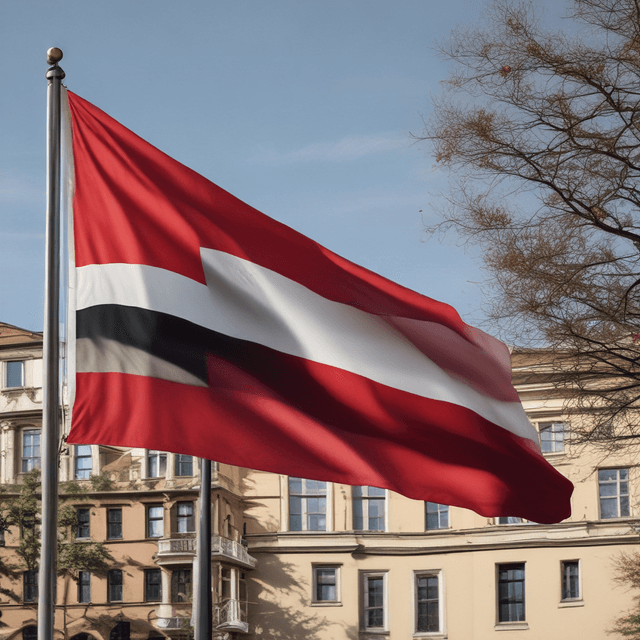
| Region | Northern regions |
| Culture | Multicultural, Northern identity |
| Economy | Manufacturing • Shipping • Technology |
| Language | |
| Member of | |
| Joined Confederacy | 18th century |
| Political and economic influence | Significant |
Latvia is a country located in the Baltic region of Northern Europe, which is a member state of the Northern Confederacy. As one of the founding members of the Confederacy, Latvia has played an integral role in the development and governance of this powerful northern alliance. With a population of over 2 million, Latvia is known for its vibrant economy, rich cultural heritage, and strategic geopolitical position.
Unlike in our timeline, Latvia was able to maintain its independence from Russia throughout the 19th century and into the modern era. While the country experienced periods of foreign domination, including Swedish and Polish-Lithuanian rule, it was able to reassert its sovereignty and join the nascent Northern Confederacy in 1782.
As part of the Confederacy, Latvia benefited from large-scale investment in infrastructure and industrial development. The country was able to capitalize on its strategic location on the Baltic Sea, establishing itself as a major shipping and manufacturing hub. This economic growth, combined with the preservation of Latvian language and culture, allowed Latvia to firmly establish itself as a distinctive entity within the broader Northern political and cultural sphere.
Latvia is situated on the eastern shores of the Baltic Sea, bordered by Estonia, Lithuania, Belarus, and the Gulf of Riga. The country's terrain is largely flat, with numerous lakes, rivers, and forested areas. The capital and largest city is Riga, which serves as a major commercial and cultural center.
The population of Latvia is ethnically diverse, with Latvians comprising around 62% of the total. Other significant groups include Russians (18%), Belarusians (6%), Ukrainians (4%), and Lithuanians (3%). The country's official language is Latvian, but Russian, English, and other Northern Confederacy languages are also widely spoken, especially in urban areas.
Latvia's economy is highly industrialized and diversified, with key sectors including manufacturing, shipbuilding, information technology, and logistics. The country is a major exporter of machinery, electronics, textiles, and wood products, taking advantage of its well-developed transportation networks and skilled workforce.
Riga is a major financial and commercial hub, home to the headquarters of numerous multinational corporations as well as the Baltic Stock Exchange. Latvia also plays a crucial role in the Northern Confederacy's energy and resource supply chains, with significant deposits of minerals, timber, and other natural resources.
Latvian culture is rich and vibrant, blending Northern European, Baltic, and Scandinavian influences. The country is renowned for its folk music, traditional crafts, and historic architecture, particularly in Riga's well-preserved Old Town. Latvian cuisine features a variety of seafood, dairy products, and locally-sourced ingredients.
Despite its diversity, Latvia has maintained a strong sense of national identity within the Northern Confederacy. The Latvian language, which is closely related to Lithuanian, is an official language of the Confederacy and enjoys widespread use in education, media, and government. Latvians also take great pride in their participation in the Confederacy's cultural, scientific, and political institutions.
As a founding member of the Northern Confederacy, Latvia has played a crucial role in shaping the alliance's policies and priorities. Latvian leaders have been instrumental in coordinating defense, economic, and environmental initiatives within the Confederacy, leveraging the country's strategic location and technological capabilities.
Latvia's ports and logistical infrastructure also make it a vital hub for trade and transportation within the Northern Confederacy. The country's political stability and strong institutions have contributed to the overall cohesion and prosperity of the wider alliance.
Looking to the future, Latvia remains committed to the ideals of the Northern Confederacy while continuing to assert its unique cultural identity and economic interests within this powerful northern union.